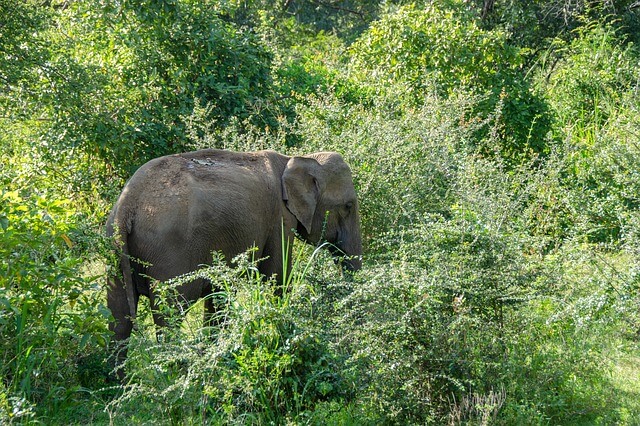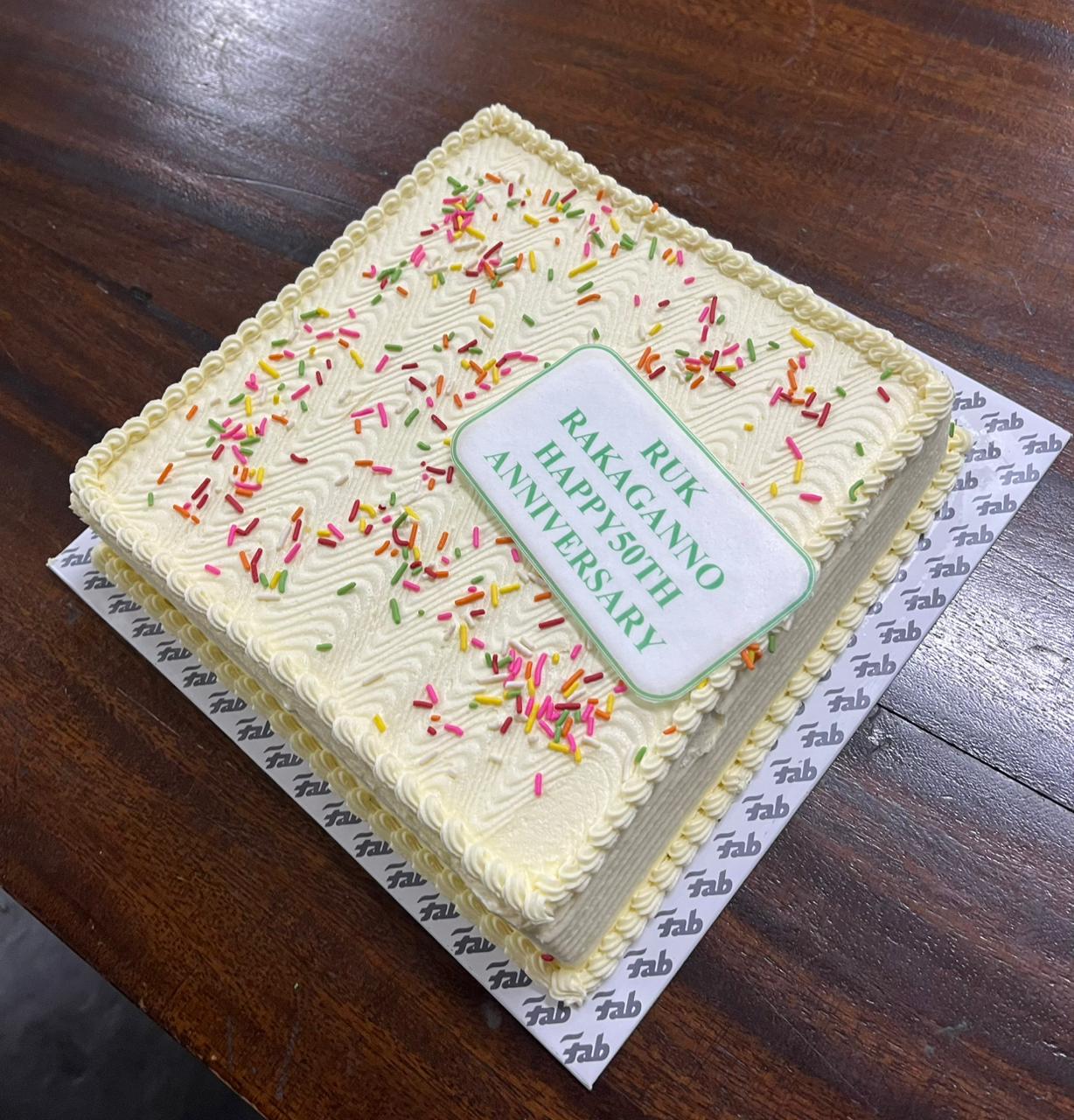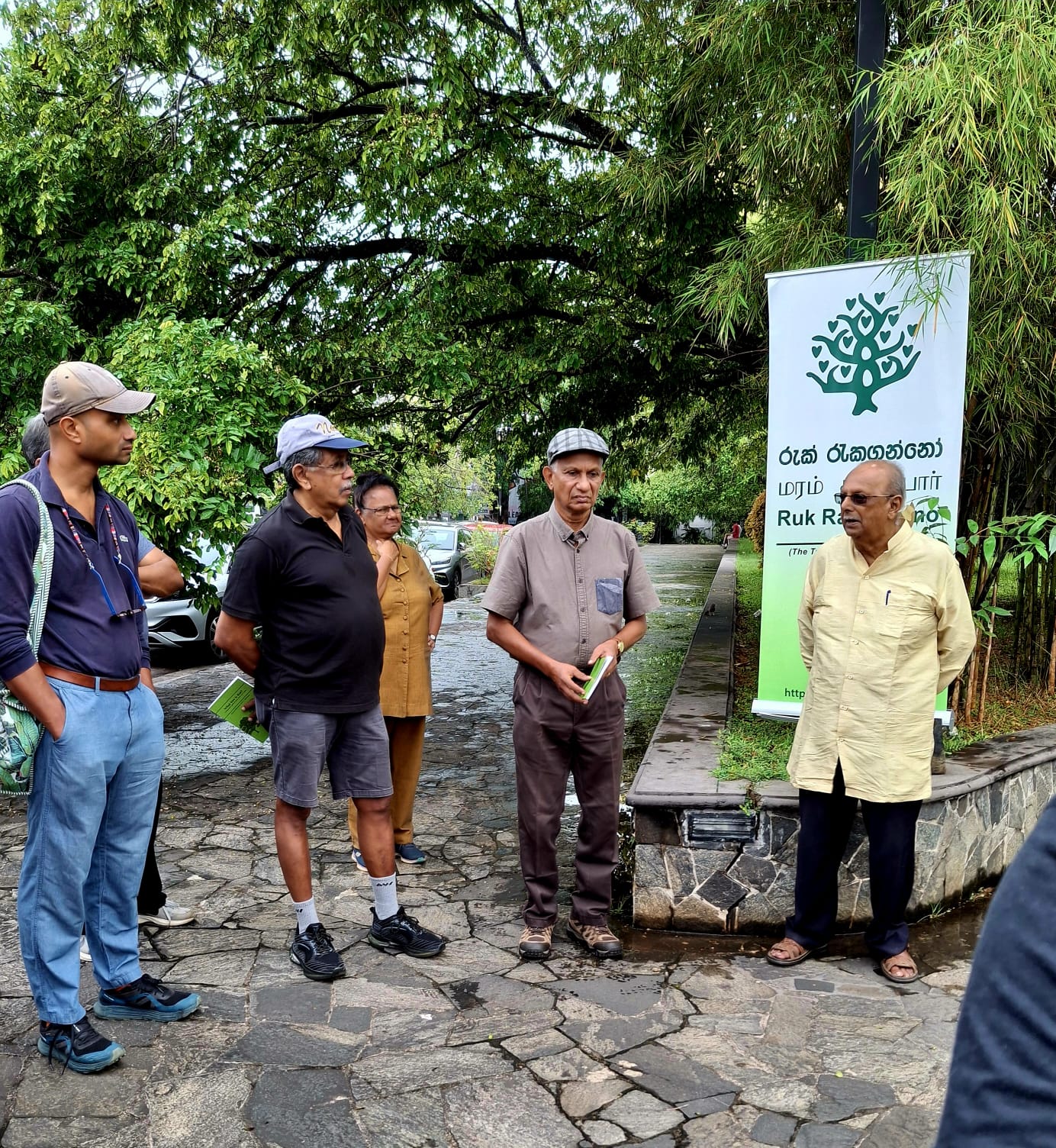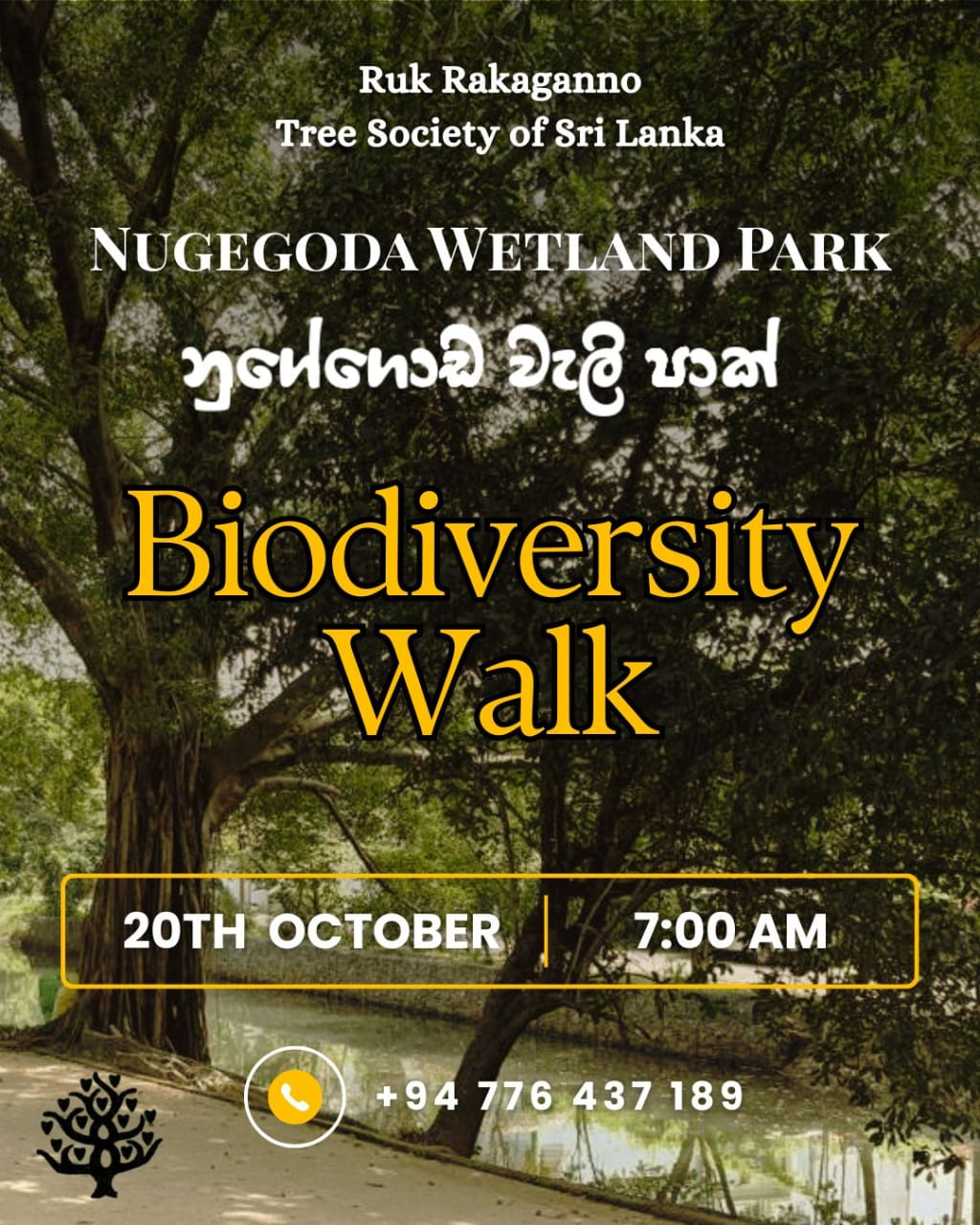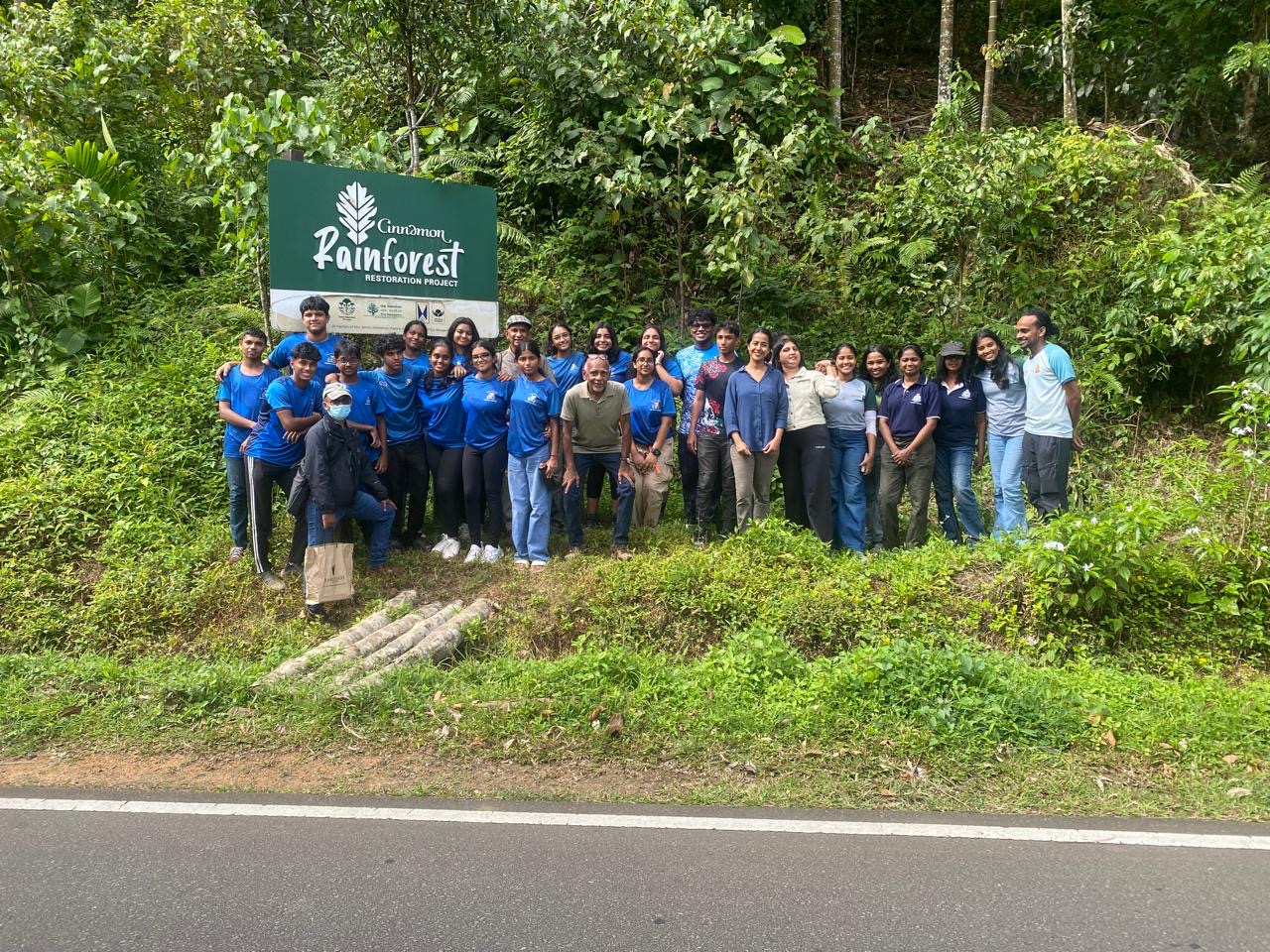Soragune Forest Conservation
Geography
Soragune is located in the Baddulla district of the Uva province. It lays to the south of Haldummulla and is drained by the Weli Oya and its branches. The Weli Oya joins the Walawe Ganga further south, as it flows into the Walawe National Park. It is an area of forest and savannah noted for its elephants. However, there are a number of other notable species, including wild cats, deer, fishing cats, otters, and deer, among a range of flora, such as savannah grasslands and riverine forests.
Threats
Sorugane has been under threat in the past due to attempts by private companies to transform the area into a golf course. Although the threat has receded, it is important to remain vigilant. Another threat is that of external forces clearing the area to plant rubber. This has a negative influence on the wildlife - particularly on elephants, for whom this area provides food.
Conservation Project
The Soragune Forest Conservation project, funded by UNDP/GEF/SGP small grants program, seeks to prevent the clearing of these forests so as to protect the water resources (on which local farmers depend for their livelihoods), the forests, and the wildlife.
Biodiversity Survey
In 2016, Ruk Rakaganno and the Centre for Environmental Justice carried out a biodiversity survey of the Soragune forests as a part of this conservation project. The surveys were carried out by teams from the University of Colombo and the University of Sri Jayawardanepura and detailed the rich biodiversity of the area with its numerous endemic species. The final survey was published in 2017 and is available in print (for more details, please contact 0777315226).
Human-Elephant Conflict
The Conservation Project also addressed the Human-Elephant Conflict of the area. Surveys revealed that a number of plantations were being affected by elephants destroying crops and even damaging houses. The Elephant corridor was protected by electric fences, which were not always effective, as elephants would still enter the plantations. Ruk Rakaganno decided that this preventive method could be strengthened by planting elephant-unfriendly trees, such as lime, in the farmers’ lands, adjacent to the fence. Ruk Rakaganno discussed this plan with wildlife and Pradeshiya officers in the area and funded a project in which each organization would plant lime trees ten feet away from the fence to prevent elephants from entering the lands when the fence failed.

